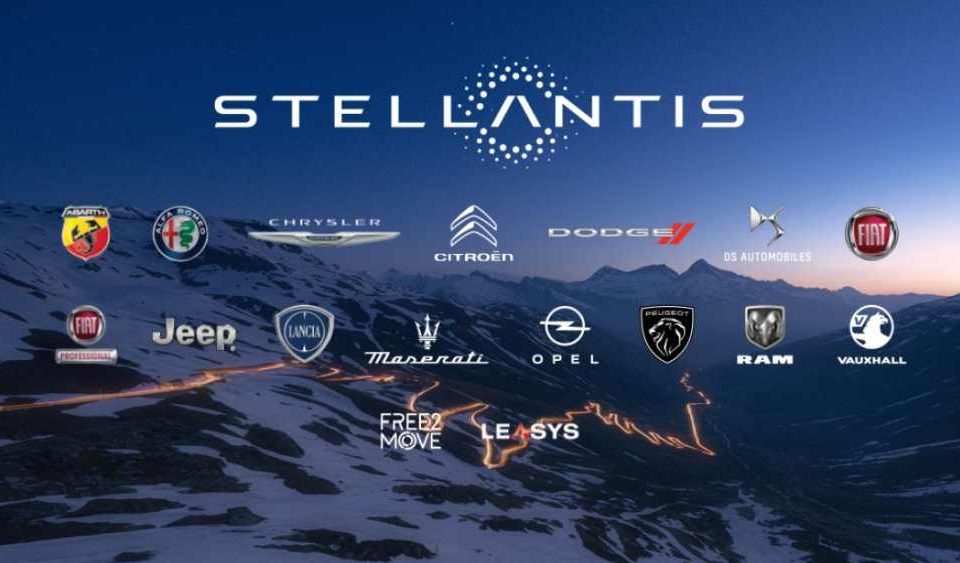Stellantis invests $1.6 billion in Chinese EV startup Leapmotor to boost its presence in China

Stellantis, the maker of Jeep and Dodge, has acquired a 21% stake in the Chinese EV startup Leapmotor in a $1.6 billion deal as part of the effort to enhance its presence in China’s electric vehicle (EV) market.
In an announcement on Thursday, Stellantis said it will invest 1.5 billion euros (equivalent to $1.58 billion) in Leapmotor, as it seeks to establish a competitive foothold in the highly competitive Chinese market.
As part of the deal, the two companies will form the Leapmotor International joint venture, aimed at expanding the sales of Leapmotor’s electric vehicles globally. Stellantis will hold the majority stake at 51% in this joint venture.
This strategic investment will grant Stellantis approximately a 20% equity stake in Leapmotor and two seats on Leapmotor’s board. In recent years, traditional automakers have been slow in adapting to the EV landscape and are currently playing catch-up in the transition to electric vehicles. However, Stellantis is a step ahead of other legacy automakers. Last year, we covered the company after it launched a $330M venture capital fund to invest in tech startups developing technologies for automotive and mobility industries
China presently stands as the world’s largest electric vehicle market, primarily dominated by domestic giants like BYD and U.S. pioneer Tesla. Fierce competition is emerging from domestic startups such as Nio, Xpeng, and Li Auto, while tech companies like Xiaomi and Huawei are also entering the EV arena. Furthermore, several Chinese EV manufacturers are introducing cost-effective models in the European market.
On the other hand, Stellantis has faced challenges in selling cars in China and holds a modest 0.3% market share in the country, according to the company’s official statistics. This recent deal not only offers Stellantis an opportunity to improve its position in the Chinese market but also provides access to Leapmotor’s advanced technology.
“The Chinese offensive is visible everywhere,” Stellantis CEO Carlos Tavares told reporters. “With this deal, we can benefit from it rather than being the victims of it.”
Stellantis, formed in 2021 through the merger of France’s PSA with Fiat Chrysler (FCA), has been actively seeking to revamp its operations in China, where it maintains a joint venture with Dongfeng Motor Group.
Abhik Mukherjee, an analyst at Counterpoint Research, highlighted the synergies in this deal, said: “This deal presents clear synergies for both Stellantis and Leap Motor. Stellantis stands to benefit by strengthening its presence in the Chinese market, while Leap Motor gains an easier entry into the European market.”
This deal also has the potential to significantly boost Stellantis’ endeavors in China, with a local partner leading the way. Stellantis CEO Carlos Tavares expressed optimism, saying, “Through this strategic investment, we can address a white space in our business model and benefit from Leapmotor’s competitiveness both in China and abroad.”
“Through this strategic investment, we can address a white space in our business model and benefit from Leapmotor’s competitiveness both in China and abroad,” Stellantis CEO Carlos Tavares said in a press release on Thursday.
Leapmotor, much like other Chinese EV startups, positions itself as a technology-driven brand. The company has developed its own semi-autonomous driving system and vehicle architecture and is steadily expanding its manufacturing capacity.

